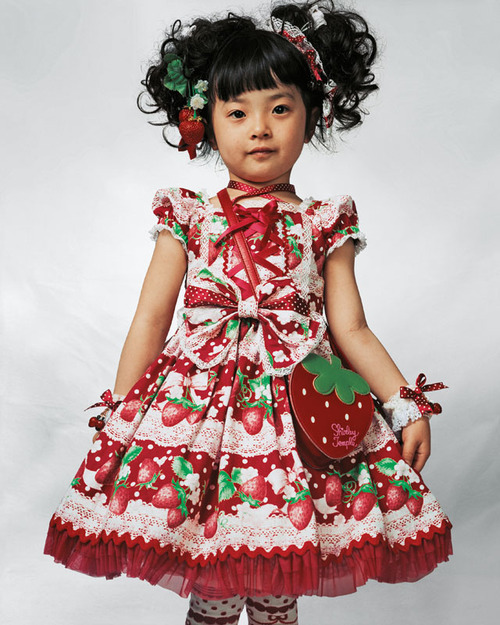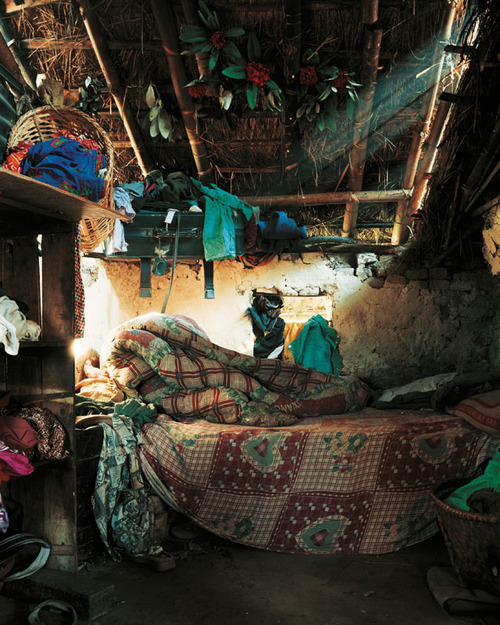Text
Rastro
TRAG Želim: da posle snova ne ostane trag moj na tvom telu. Da poneseš od mene samo tugu i svilu belu i miris blag... puteva zasutih lišćem svelim sa jablanova. - Miloš Crnjanski RASTRO Deseo: que no quede después del sueño rastro mío sobre tu cuerpo. Que te lleves de mi solamente la tristeza y la seda blanca y un aroma suave... sendas de hojas marchitas desparramadas de los álamos. (Traducido del serbio por Tiana Vekić)
0 notes
Text
Silencio de Neruda
SILENCIO
Yo que crecí dentro de un árbol
tendría mucho que decir,
pero aprendí tanto silencio
que tengo mucho que callar
y eso se conoce creciendo
sin otro goce que crecer,
sin más pasión que la substancia,
sin más acción que la inocencia,
y por dentro el tiempo dorado
hasta que la altura lo llama
para convertirlo en naranja.
1 note
·
View note
Quote
The secret of success is concentrating interest in life, interest in sports and good times, interest in your studies, interest in your fellow students, interest in the small things of nature, insects, birds, flowers, leaves, etc. In other words to be fully awake to everything about you and the more you learn the more you can appreciate and get a full measure of joy and happiness out of life.
http://www.brainpickings.org/index.php/2012/02/02/jackson-pollock-father-letter/
0 notes
Link
"After the trauma of attack and loss comes healing—and a richer understanding of the emotions and intelligence of elephants."
Charles Siebert's article on the efforts made to raise and heal orphaned elephants in Africa speaks of the urgency to stop the violence that is endangering elephants' existence while at the same time revealing the striking and moving ability elephants have to express a wide array of emotions, form social bonds and heal after trauma.
0 notes
Link
How do we perceive and react to failure? Can we, and should we, learn to "try again / fail again / fail better" as Samuel Beckett proposed.
The exposition Fail better at the Hamburger Kunsthalle explores failure:
"In the fast-paced modern era—driven by a demand for effectivity and the unwavering belief in progress—there is little room for failure, frustration or defeat. Maximum performance, efficiency and achievement are the things that matter in our success-oriented society. No wonder the American sociologist Richard Sennett once described failure as the great modern taboo. There is a widespread reluctance to talk about failing—above all on a personal level—as this involves admitting that one has reached a limit, a point beyond which nothing will be as it was before. But does the fact of having failed necessarily mean that nothing has been accomplished? The paradox of failure is precisely that every ending can spark a new beginning, resignation can turn into hope: an apparent defeat can therefore provide an unexpected opportunity and lead in a completely different direction."
0 notes
Quote
When we talk about “searching” these days, we’re almost always talking about using Google to find something online. That’s quite a twist for a word that has long carried existential connotations, that has been bound up in our sense of what it means to be conscious and alive. We don’t just search for car keys or missing socks. We search for truth and meaning, for love, for transcendence, for peace, for ourselves. To be human is to be a searcher.
[…]
In its new design, Google’s search engine doesn’t push us outward; it turns us inward. It gives us information that fits the behavior and needs and biases we have displayed in the past, as meticulously interpreted by Google’s algorithms. Because it reinforces the existing state of the self rather than challenging it, it subverts the act of searching. We find out little about anything, least of all ourselves, through self-absorption.
Nicholas Carr worries about the filter bubble of modern search-culture and how it betrays the meaning of life.
Pair with neuroscientist Gary Marcus’s vision for what the future of search should be.
(via explore-blog)
487 notes
·
View notes
Text
Diversity and inequality in James Mollison's portraits of children and their bedrooms
James Mollison's book "Where Children Sleep" highlights differences in children's lives from selected places around the world. A portrait of a child, a photograph of their bedroom, and a small description of their lives are presented together to give a brief but telling look into their lives.
Cultural and social differences are revealed through attire, possessions, and descriptions of their social environments. More striking, however, are the contrasts in wealth and poverty.
The bedroom photos implore us to reflect on the meaning of “bedroom”. Through the photographs and descriptions we see that while some children have a bedroom of their own, others share rooms, or share beds, if they have that at all. In the Introduction to “Where Children Sleep”, Mollison writes: “To begin with, I called the project ‘Bedrooms’, but I soon realized that my own experience of having a ‘bedroom’ simply doesn’t apply to so many kids. Millions of families around the world sleep together in one room, and millions of children sleep in a space of convenience”.
In addition to portraying the intimate space of their lives through the “bedroom” photos, Mollison’s descriptions reveal stark differences in the environments and communities where these children live. Many children have unstable homes and most displacements are due to poverty, drug and/or gang related violence, or wars. Poverty and violence also lead children to live separated from their parents, and many are orphans.
Mollison’s book presents not only the present condition of the children’s lives, but prompts reflections of their futures. Each paragraph describing the children’s lives addresses a question on schooling and states their visions of who they would like to become. There are children that go regularly to school, children that lead long days balancing school and laborious work, and children that don’t go to school, striving instead to survive through work, begging, or by other more dangerous means. Many children living in poverty wish to become doctors or teachers.
Tiana Vekić




http://www.jamesmollison.com/wherechildrensleep.php?project_id=6&p=synop
0 notes
Quote
Je suis venu au monde très jeune dans un temps très vieux (I came into the world very young at a very old age)
Erik Satie (1866-1925)
1 note
·
View note